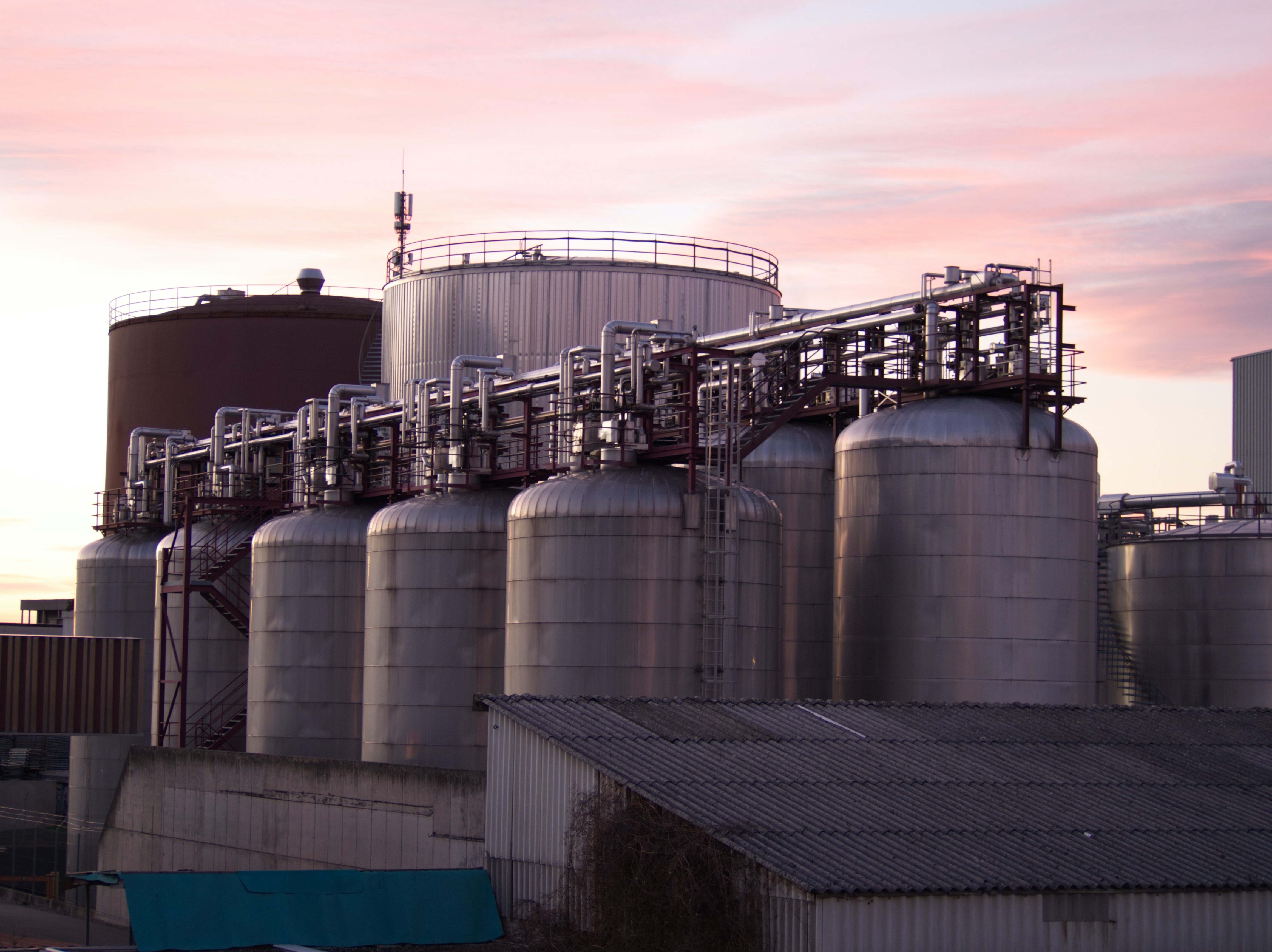Lightning strikes cause direct lightning damage, indirect lightning damage and lightning wave intrusion hazards. There are many causes of damage to a fuel tank or floating roof tank, and the damage can cause harm from multiple sources.
How fuel tanks or floating roof tanks are damaged by lightning:
Sparking
Because the content of a floating roof tank is crude oil, the tank contains flammable vapor. Oxygen is readily available in the environment and at a potential of about 3KV/mm the flammable air vapor (acting as a di-electric) will break down and conduct electricity in the form of a spark (arc). This completes the fire triangle resulting in a lightning induced floating roof tank fire.
Roof Surface Charging
Prior to an eventual lightning strike, electric charges will accumulate in the sky, e.g. for a negative cloud to ground lightning, by induction positive charge will be induced on the surface of the shell and the roof of the tank. This will ultimately create a difference in potential between the roof and the shell which can result in transient currents.
Heating due to lightning strike
The flow of high energy lightning current can cause erosion and melting of thin metal sheets and this can generate incendiary particles even around the shell-roof gap. However tanks with a thickness greater than 5mm cannot be melted by lightning. The continuing current with over 200C of charge will only melt a little over 1mm. Usually FRT tank shells are thicker than 5mm.
Solution
The RGA 750 retractable earthing assembly eliminates the most common causes of fires due to lightning strikes on tanks fitted with floating roofs.
- The RGA is not affected by the condition of the tank because the RGA and cable are bolted and sealed to optimal locations on the tank shell and floating roof. When properly applied, multiple RGAs on each tank provide low-impedance pathways to safely discharge lightning currents.
- The RGA conforms to both API 545 and NFPA 780 recommendations and meets the API 545 requirements for a bypass conductor.
Society increasingly depends on petroleum products, so storage management of crude oil and its products has become particularly important. Lightning protection is an indispensable part of the oil depot safety system.
It is easy to see how Lightning Eliminators and Consultant Inc. can offer you the best fuel tank lightning protection. We believe in providing you with a comprehensive plan to reduce the chances of your fuel storage tanks from being struck by lightning.


